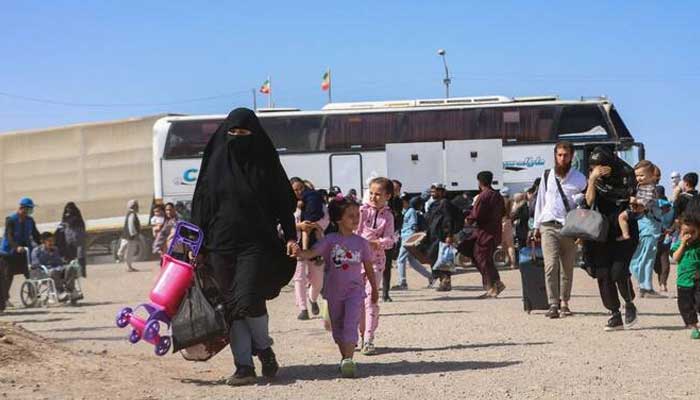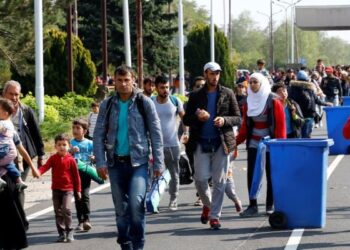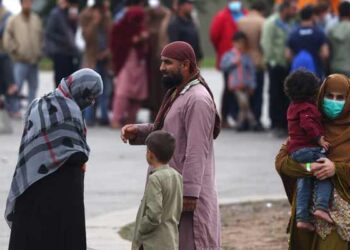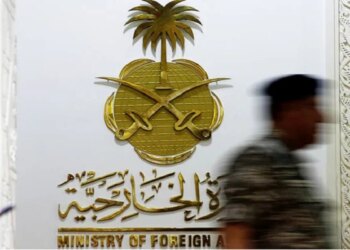Select Language:
The United Nations reported on Thursday that Taliban officials are systematically violating human rights in Afghanistan, including practices like torture and arbitrary detention of those forced to return from neighboring countries Iran and Pakistan.
Millions of Afghans have been compelled to go back to Afghanistan due to large-scale deportation efforts by Iran and Pakistan, with over 1.9 million returned in 2025 alone, most of whom are from Iran. The UN highlighted that those particularly at risk of facing reprisals or human rights abuses upon return include women and girls, individuals associated with the former government and its security agencies, media personnel, and members of civil society.
According to the UN, these individuals are subjected to torture, ill-treatment, unjust arrests, detention, and threats to their safety. The UN refugee agency (UNHCR) estimates that as many as three million could return to Afghanistan this year amid a severe humanitarian crisis.
This report, compiled by the UN Assistance Mission in Afghanistan and the UN Human Rights Office, is based on interviews with 49 returnees. It states violations are targeted based on specific profiles, especially women, media workers, civil society members, and those linked to the fallen foreign-backed government of 2021.
The Taliban authorities have denied claims of oppression, asserting they have issued amnesties for individuals who served within the previous government or worked with NATO troops during their 20-year insurgency.
UN Human Rights Chief Volker Turk emphasized earlier this month that no one should be sent back to a country where they risk persecution based on their identity or personal background. He underscored that the situation is particularly dire for women and girls, who are facing a range of measures that amount to persecution solely due to their gender.
Over the past four years, Taliban rule has increasingly marginalized women from public life, banning them from universities, parks, gyms, and beauty salons—actions the UN condemns as “gender apartheid.” Since seizing power in 2021 following the withdrawal of international forces, only Russia has formally recognized the Taliban government.
Neighboring Tajikistan has announced plans to expel Afghan nationals, mirroring Iran and Pakistan’s stance. Since July 8, at least 377 Afghans have been deported, according to UNHCR. Meanwhile, Germany recently deported 81 Afghan men convicted of crimes, and the United States announced plans to revoke temporary protected status for thousands of Afghans.
The UN states that the rising number of returnees has deepened an already critical human rights crisis in Afghanistan and has called for an immediate halt to forced repatriations to prevent further suffering.






